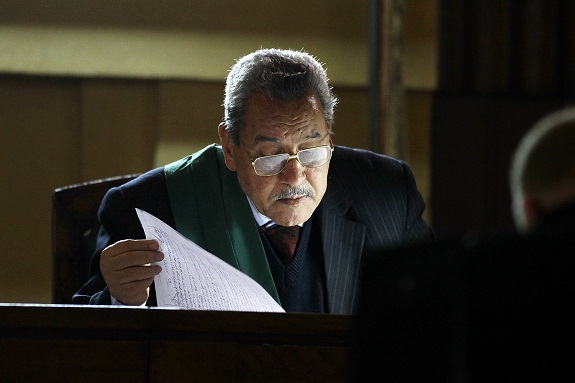CAIRO: The Arab Spring that reshaped the region’s political landscape has entered a second year, marked by fragile transitions and the empowerment of Islamists in a region still trying to find its way.
From Tunisia to Cairo, and from Tripoli to Damascus, profound changes have swept the Arab world, leaving it facing myriad political, social, security and religious challenges.
This "tsunami" has "moved tectonic plates and will provoke aftershocks that will lead to pre-democratic states in the best case," said Antoine Basbous, who heads the Paris-based Observatory of Arab Countries.
Ousting dictators such as Tunisia’s Zine El Abidine Ben Ali and Egypt’s Hosni Mubarak "proved to be the easy part of change," said Ibrahim Sharqieh of the Brookings Institute in Doha.
Tunisia — where the Arab Spring was born — today appears the most advanced in its transition after having in October elected a constituent assembly, dominated by the Islamist party Al-Nahda.
Egypt’s parliamentary elections also propelled Islamists to the center stage of politics, with the parties of the powerful Muslim Brotherhood and the Salafi movements grabbing almost three-quarters of seats in parliament.
But the Arab world’s most populous nation is still ruled by an unpopular military and regularly shaken by deadly unrest. Presidential elections are expected in May or June.
A year after anti-regime protests kicked off in mid-February 2011, Libya is going through heavy turbulence despite the rebels’ victory over the forces of Moammar Qaddafi who was killed in October.
Syria which plunged into anti-regime protests in March last year remains steeped in violence.
"Syria is at a critical point," said Nabil Abdel Fattah, a political analyst with the Al-Ahram Centre for Political and Strategic Studies in the Egyptian capital.
The situation there "risks creating waves of instability in the region, like in Lebanon, Israel, Iraq, Turkey or Jordan," its neighboring states, he told AFP.
In Yemen, President Ali Abdullah Saleh’s 33-year-rule finally comes to an end this week when his deputy takes over in a referendum-like poll, marking Yemen as the first Arab country where an uprising has led to a negotiated settlement.
Bahrain’s Shia-led uprising which was launched a year ago has been stifled, but tensions remain high in the small kingdom run by Sunnis.
"The revolutions have not been complete in any of the countries in which they have been taking place," said Samer Shehata, Middle East expert at Georgetown University in Washington.
Often launched by young activists using all the resources the internet has to offer, the Arab revolts have paved the way for Islamist movements, once repressed or even banned in several countries.
"The main actors for change have been the youth. The first beneficiaries have been the Islamists because they are structured and because they have deep roots in society, unlike the youth who have not had time to organize," Basbous said.
"This should not be seen as a threat to democracy, at least for now," said Sharqieh, pointing to the fact that the Islamist movements have shown "values of partnership and collaboration."
However others are concerned about the double talk of the Islamist movements.
They "try to present a moderate image of political Islam, to encourage tourism and foreign investment… but the reality is different, many voices are very conservative," said Abdel Fattah.
"To succeed, the Islamists must practice realism and Islam, and abandon the slogan ‘Islam is the solution’," said Basbous.

